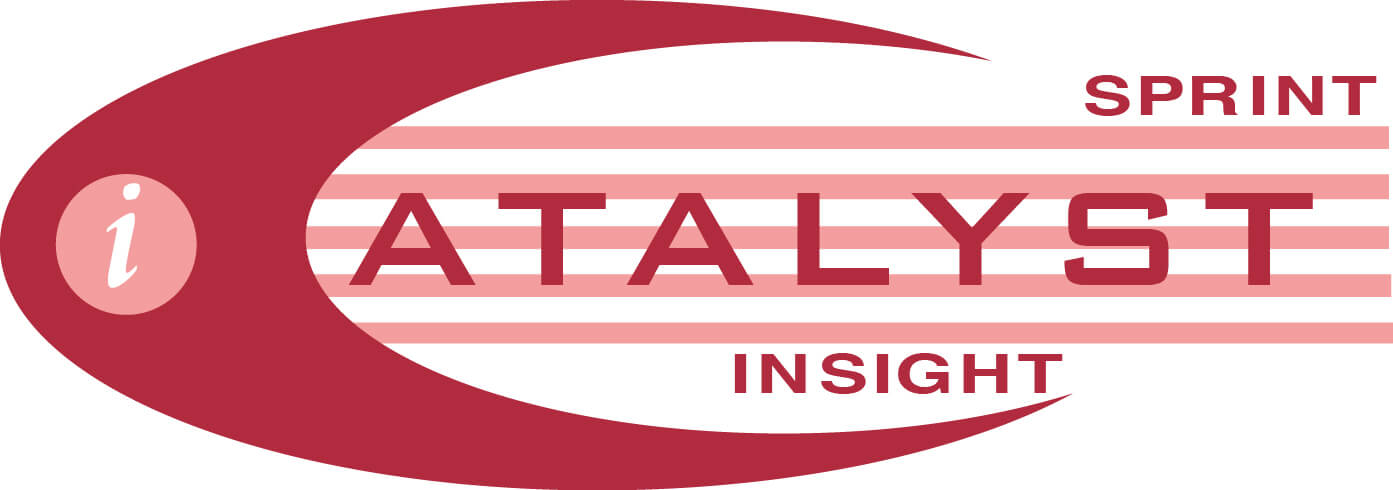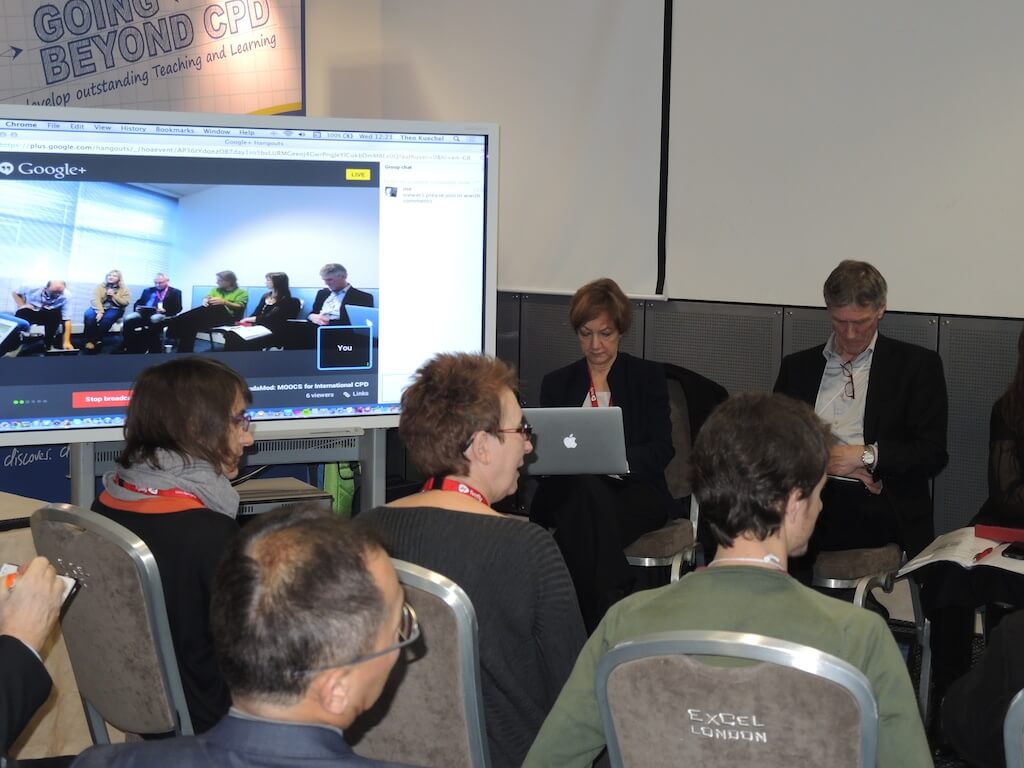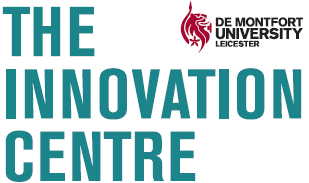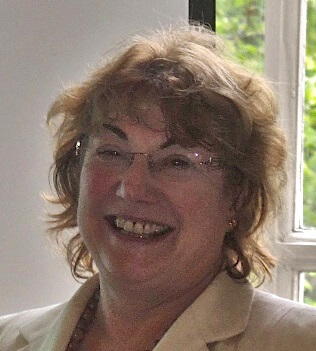 The MirandaNet Fellowship
The MirandaNet Fellowship 
 The MirandaNet Fellowship is a professional education community that was founded in 1992 by Professor Christina Preston. Originally it was formed as a response to the realisation that short one-day training sessions for teachers about using computers in schools and classrooms was not enough. Then the sudden advent of the World Wide Web and the more accessible use of the Internet offered the opportunity for educators to go beyond the constraints of the usual format for professional development to continue sharing policy and practice in the emerging field of computers in teaching and learning .
The MirandaNet Fellowship is a professional education community that was founded in 1992 by Professor Christina Preston. Originally it was formed as a response to the realisation that short one-day training sessions for teachers about using computers in schools and classrooms was not enough. Then the sudden advent of the World Wide Web and the more accessible use of the Internet offered the opportunity for educators to go beyond the constraints of the usual format for professional development to continue sharing policy and practice in the emerging field of computers in teaching and learning .
Since 1992 the MirandaNet Fellowship has forged a unique approach to professional development for teachers. Working in partnership with school practitioners, academic researchers and funding agencies (governmental and non-governmental) and educational product developers (who can join the Fellowship as Associates) the MirandaNet Fellowship has developed an active, participatory and research-oriented CPD framework it has named: iCatalyst.
In the iCatal yst framework product developers work together with researchers and practitioners in an action-research approach to evaluate the effectiveness and value of new ideas for classroom technologies and practices. In this relationship there is mutual engagement across the range of research and evaluation activity. Researchers, practitioners and developers often share or exchange roles to produce and report on evidence of value for policy making, strategic planning and above all on positive impact on pupil learning.
yst framework product developers work together with researchers and practitioners in an action-research approach to evaluate the effectiveness and value of new ideas for classroom technologies and practices. In this relationship there is mutual engagement across the range of research and evaluation activity. Researchers, practitioners and developers often share or exchange roles to produce and report on evidence of value for policy making, strategic planning and above all on positive impact on pupil learning.
Throughout the process iCatalyst brings mutual benefits to all participants.
- For school-based practitioners iCatalyst can enhance the whole-school environment while enabling extended professional development in an authentic and relevant context.
- For commercial partners iCatalyst can have a powerful effect on product development through evidence gathered in real situations.
- Similarly funding agencies can be assured that iCatalyst enables a wide representation of stake-holders in the evidence.
iCatalyst projects are designed to be carried out in two forms: Sprint, a short one-term project usually tightly focussed (e.g. the practical value of in-ear coaching for NQTs) , and Insight, a longer project usually taking place over a school year and focussed on wider or deeper issues where more time is needed for effects to emerge (e.g. in the evaluation of effects on pupil achievement).
iCatalyst projects may be initiated in a variety of ways: as a response to a funding call by an agency or charity, as a response to a MirandaNet Associate seeking educational product evaluations, or from schools (individually or as part of a cluster) seeking to effect change in curriculum practice or whole-school policy. A range of examples of iCatalyst projects can be seen here.

 MirandaNet’s geographical home is the Innovation Centre at De Montfort University where members of the MirandaNet Fellowship can continue to engage in MirandaNet research and development events. A particular approach is taken to these events which are called MirandaMods. In these events participants, both online and face to face, contribute to the production of an expert report about a set of topics. A recent example is the MirandaMod report on Digital Citizenship that included international members as contributors. A forthcoming event that will result in a similar report is Education Innovation through Practice-based Research.
MirandaNet’s geographical home is the Innovation Centre at De Montfort University where members of the MirandaNet Fellowship can continue to engage in MirandaNet research and development events. A particular approach is taken to these events which are called MirandaMods. In these events participants, both online and face to face, contribute to the production of an expert report about a set of topics. A recent example is the MirandaMod report on Digital Citizenship that included international members as contributors. A forthcoming event that will result in a similar report is Education Innovation through Practice-based Research.
Today, the MirandaNet Fellowship numbers over 1,000 members in 80 countries from varied professional backgrounds in education and innovation across all phases of education. Many members and Associates publish on the website. For example, the Fellowship Awards, the Associates Menu and the Knowledge Hub Menu all include a range of examples of such contributions.
Founder MirandaNet Fellowship.
Professor of Education Innovation, The Innovation Centre, De Montfort University.

